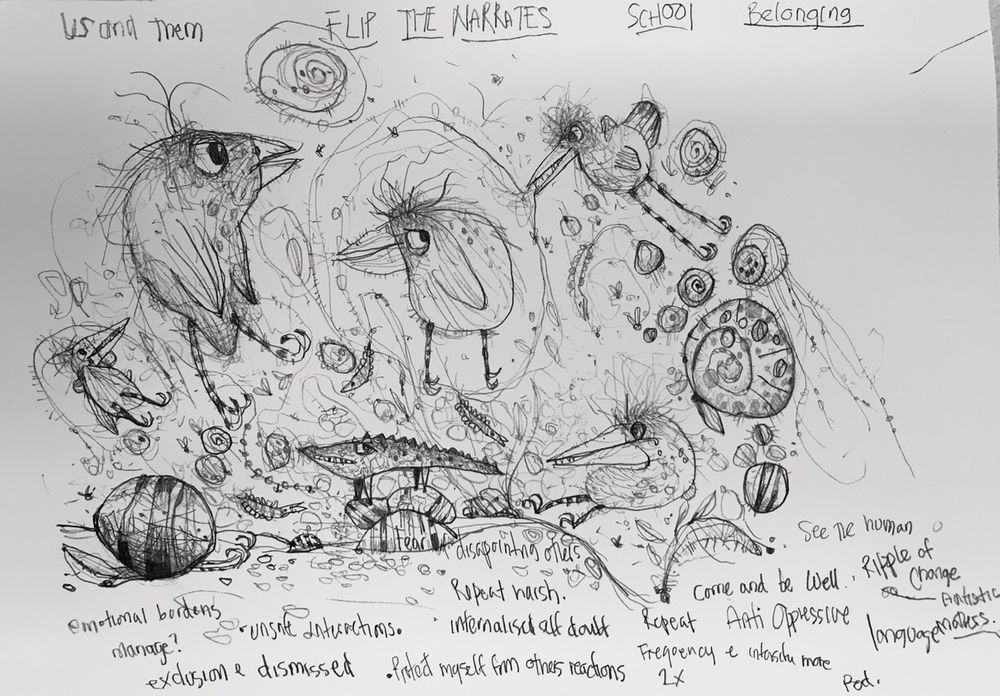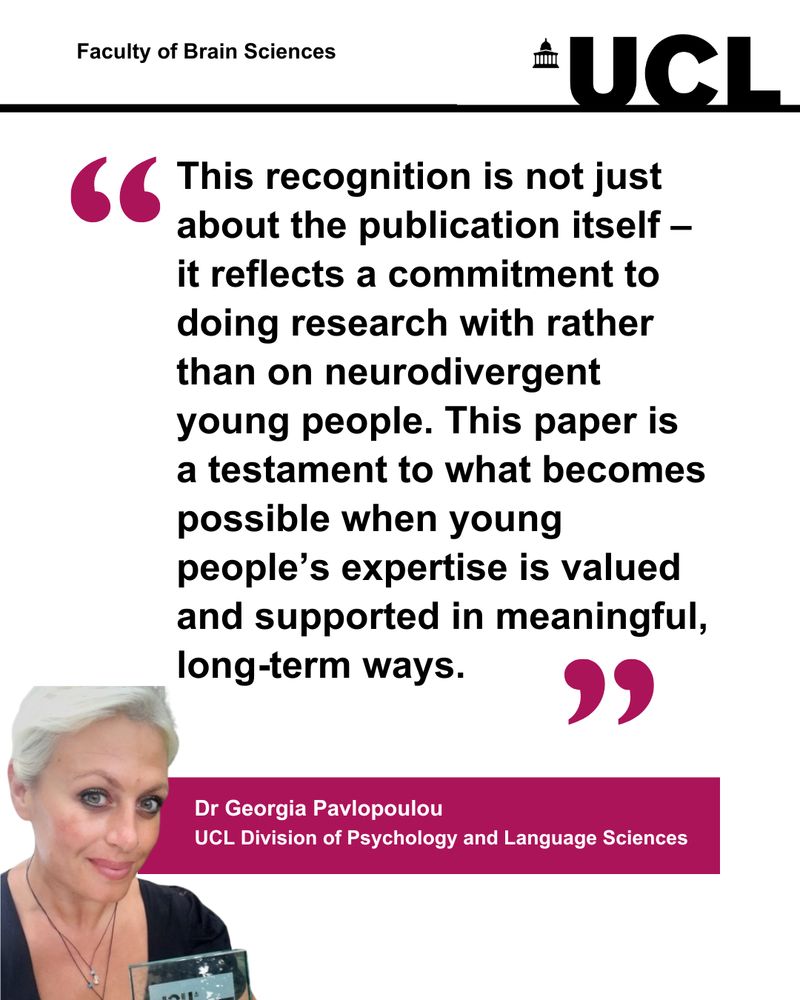Dr Georgia Pavlopoulou
@jopavlopoulou.bsky.social
2.8K followers
370 following
350 posts
Associate Professor
Psychotherapist
Researcher in mental health, autism, adhd
Punk Rocker
Rigorous humanism
Educational psychology
Improving access in physical and mental health settings
Poetry
Posts
Media
Videos
Starter Packs
Pinned
Reposted by Dr Georgia Pavlopoulou
Reposted by Dr Georgia Pavlopoulou
Reposted by Dr Georgia Pavlopoulou
Reposted by Dr Georgia Pavlopoulou
Reposted by Dr Georgia Pavlopoulou
Reposted by Dr Georgia Pavlopoulou
Michelle Dawson
@autismcrisis.bsky.social
· Aug 20

JCPP Advances | ACAMH Child Development Journal | Wiley Online Library
Background Accounts of emotional dysregulation in autism and attention-deficit/hyperactivity disorder (ADHD) are typically based on external adult observations anchored in neurotypical notions of em...
acamh.onlinelibrary.wiley.com
Reposted by Dr Georgia Pavlopoulou
Reposted by Dr Georgia Pavlopoulou
Reposted by Dr Georgia Pavlopoulou
Reposted by Dr Georgia Pavlopoulou














